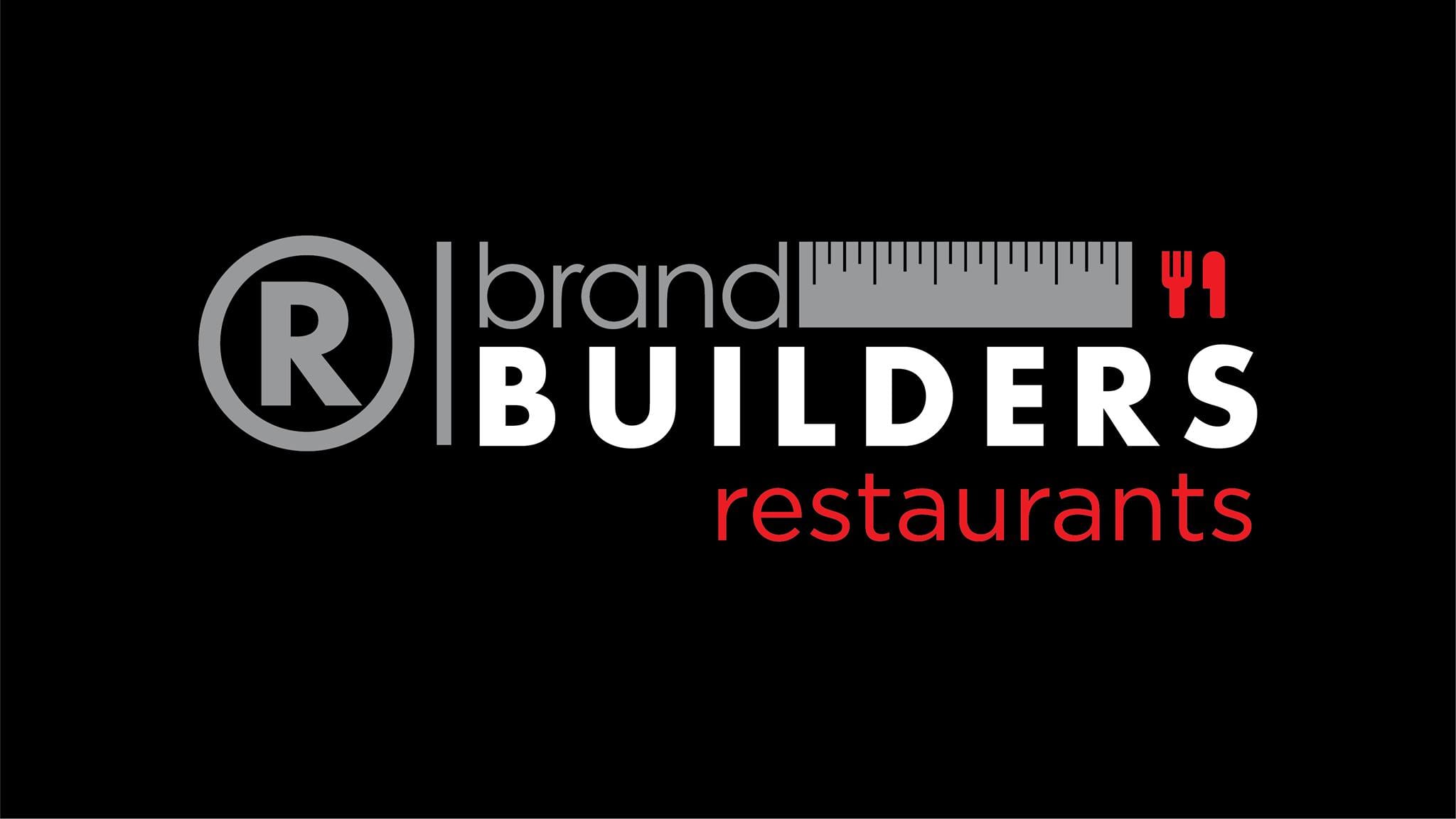Identifying your audience: hint, it’s not everyone. – This section will review the demographics and psychographics of your potential customers, where they get their information, and how this has changed over time. Generational marketing will look at how each generational group refers to be communicated with and which ones are your real customers.
Standing Out – It is through this section that we’ll discuss what makes you stand out in the market and identify your niche. In such a crowded marketplace, how can you stand out against your competition? We will go through the 4 Ps (price, product, placement, promotion) and the 5th p (promise) to create a plan to focus on relational marketing instead of transactional.
Making a Statement – The words you use are important and should make an impact. Here we review language you should steer clear from and verbiage that will resonate with your target audience. Develop a thought leadership plan to share your expertise with your potential clients.
Advertising Options – Which media outlets are right for you? TV, radio, newspaper, magazines, billboards, sponsorships, direct mail, and PR – there’s so much to consider. We will cover how to analyze each option and determine which options are best for your company. We know that small businesses don’t have large budgets, so this will help you uncover tactics you can afford and who you should listen to when making decisions.
Email Marketing – This is still one of the most valuable ways to connect with customers. Do you know how to build a database? Do you know what GDPR means and how to make sure you are not labeled a spammer? We will show how to do it and what third party affordable platforms are available for you to use easily.
Bloggers and Influencers – We will show you have to discover and interact with the bloggers and influencers who can build your brand and help grow your customer counts.
CRM: Your New Best Friend – While an Excel document may be how you’re tracking your current and potential customers now, there are much more effective options available. We will discuss these options and how your CRM can be your secretary, sales assistant, and email tracking system all in one. We will also create a system to automate your marketing efforts to save time and get a better result.
Digital Advertising – Where should your message go? We’ll talk about the best options for your business, including display ads, retargeting, search engine marketing, and more. We will cover how you should set up the ads (hero image, targeted message, call to action) and where you should place them to reach your target audience.
Food Shows and Markets – Attending a food show or market can be vital in gaining new customers, but how can you make the most of your experience? This topic will cover the tactics and strategy for before and after the tradeshow to make the best use of your time and budget.
Social Media – Need we say more? In this section we dive deep into social media apps, best practices, hashtags, do’s & don’ts, contests, and engagement. We will cover Facebook, Twitter, Instagram, LinkedIn, YouTube, and Pinterest and how you should use photos, videos, and reviews to build your brand. Also, we will tackle the best practices for employee policies and how to respond when someone posts something negative about you.
Website – We will teach you the essentials of why your website needs to serve as more than just a brochure, but also as an important member of your sales initiatives. We will cover everything from the best platform for your business, integration of a shopping cart, utilize search terms to improve SEO, ensure your site is mobile friendly, and whether or not you need a blog.
Sticking to Schedules – Our team members will work with you in scheduling out a content calendar and plan for the next quarter. This will include social media, digital media, traditional media, PR, and other events to boost your business. You’ll leave with a schedule in hand that you and your team will be ready to roll out.




